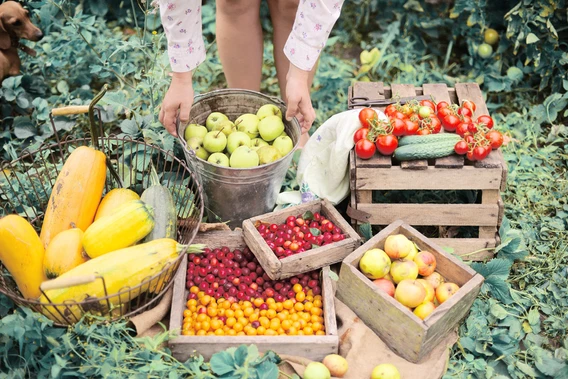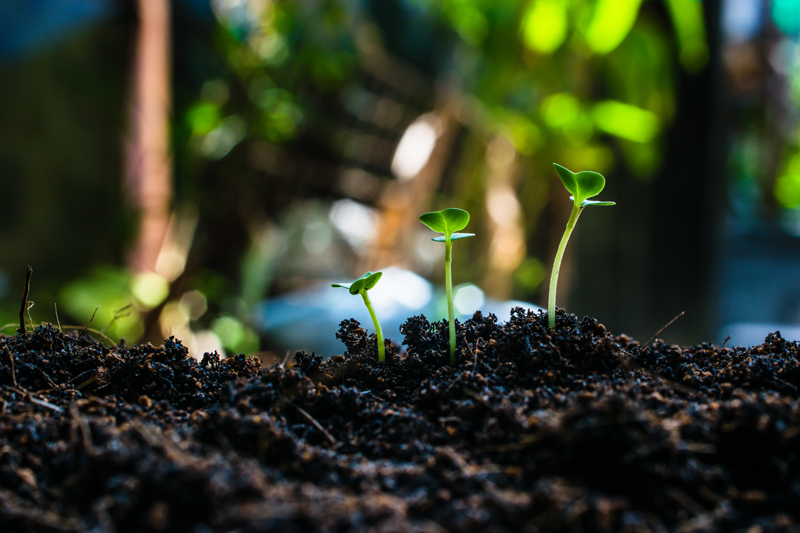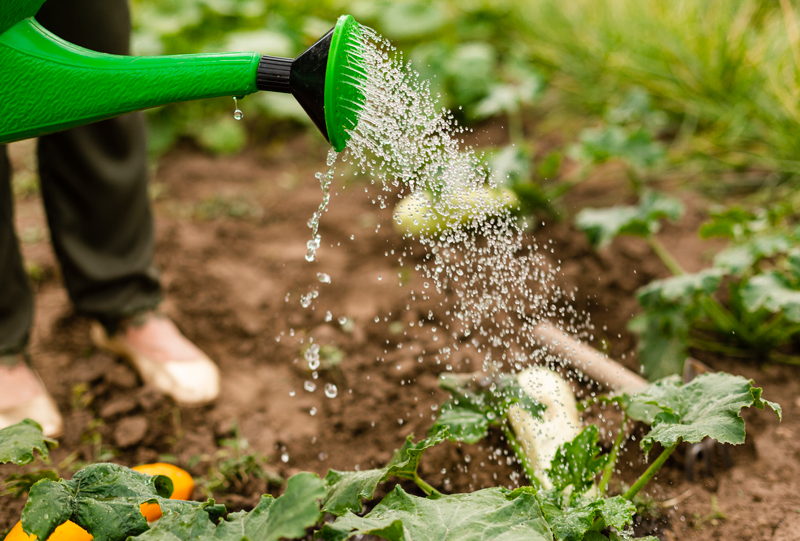Organic agriculture or organic farming is a form of agriculture towards a synchronized production system to ensure and maintain the sustainability of the ecosystem, biodiversity as well as human health. The combination of traditional farming methods and science and technology helps create a clean, safe food source, without the use of synthetic agricultural chemicals and non-organic growth substances for consumers.
1. Not contaminated with agricultural chemicals to the soil and water environment
Soil environment: Soil for growing organic food must ensure After 3 years of farming or 3 years of conversion to organic farming, the soil must be within the limits of heavy metal content and pesticide residues. Only work in a thin layer of soil (10 -15 cm), apply organic fertilizer to create conditions for microorganisms to work.
Water environment: Water source must always be clean, unpolluted contaminated, does not contain chemicals harmful to soil and plants. In particular, absolutely do not use untreated wastewater from factories and livestock farms for irrigation.
2. No chemicals for weed control
Some agronomists will improve the soil before planting such as Microbial products do not pollute the soil, do not use chemicals to improve the soil, destroy pests and weeds in the soil, supplement nutrients and make the soil more porous. The method of intercropping legumes to create soil cover and increase moisture is also applied by engineers in organic farming.
Weed control measures on cultivated land must always be followed Principle of not using chemicals. Agronomists only limit weeds by composting at high temperatures, weeding by hand or using biological competition.
3. Do not use toxic agricultural products
To limit diseases on organic products as well as not affect the environment In the field of soil and water, agronomists must explore and research many measures to inhibit pests using natural medicines such as ginger, garlic, chili, neem leaves… to repel insects.
4. Do not use chemical fertilizers
Fertilizer for plants is mainly brewed with probiotics with Natural materials such as straw, corn, beans, sawdust, coffee husks, sugarcane bagasse or animal manure. Incubation time is from 30 days to ensure the material has been decomposed into nutrient-rich humus. During about 2 weeks of composting, microorganisms will become active, causing the compost pile temperature to increase to 60 – 75*C. This level of heat will help destroy pathogens, contribute to faster decomposition of humus and thereby create odorless, loose and spongy fertilizer.
5. Do not use growth stimulants
Many people will wonder how to get the product Organic, fresh and green to meet the market’s needs without using growth stimulants? Because these active ingredients will stimulate vegetables to root and develop stems and leaves faster than normal.
Actually to meet market needs, agricultural engineers Students had to choose the right time and season. Furthermore, to increase productivity, instead of using stimulants, it will increase soil fertility and build a healthy microbial system for the soil. With measures to prevent pests and weeds, plants will partly help plants grow naturally without the need for chemical catalysts.
6. Do not use genetically modified varieties
The first thing to produce organic food is adhere to the principle of respect for nature, do not use genetically modified varieties created by humans. The selected tree varieties must be pure local varieties, have good resistance and be suitable for the climate and soil conditions of each region.







